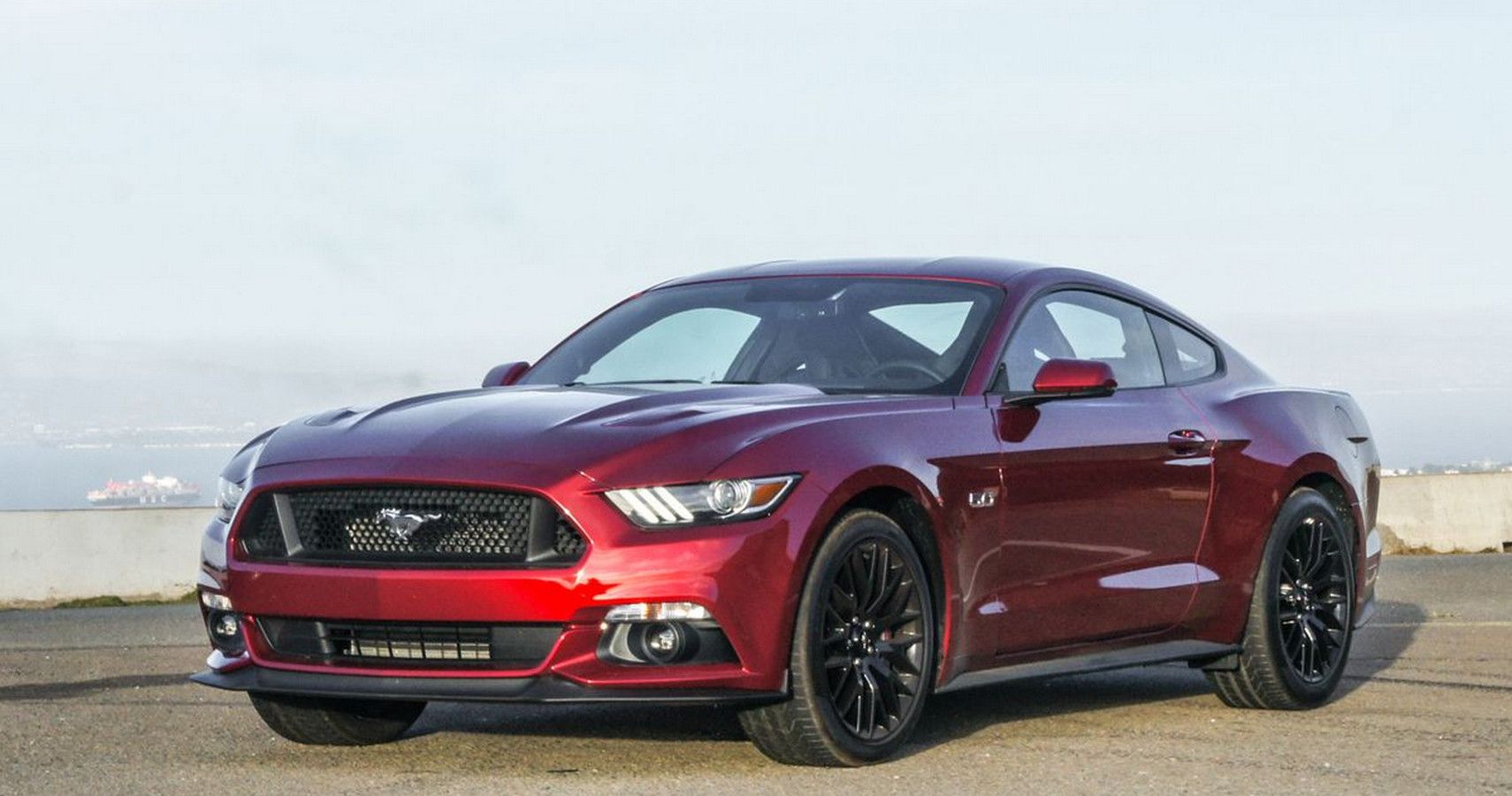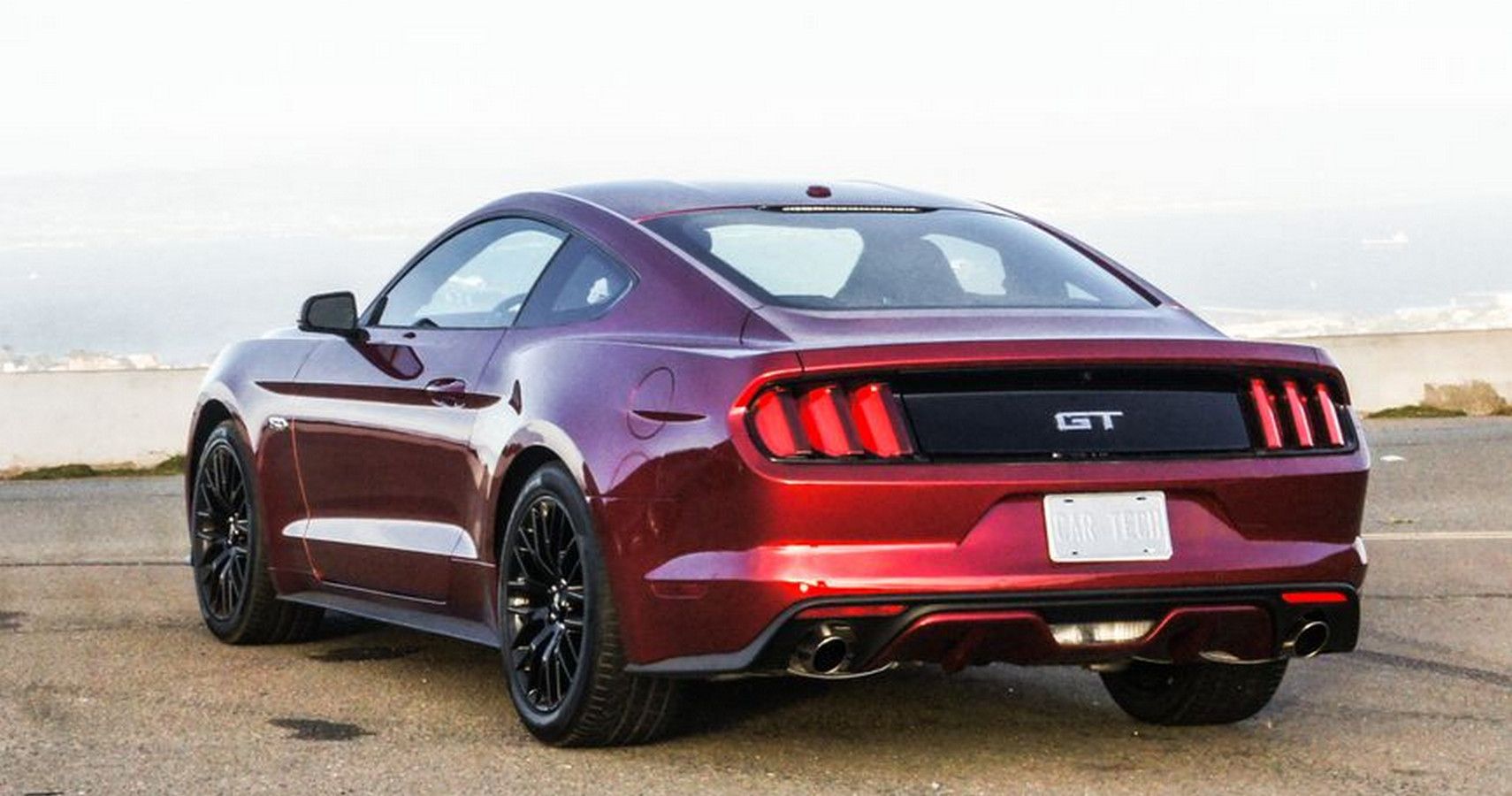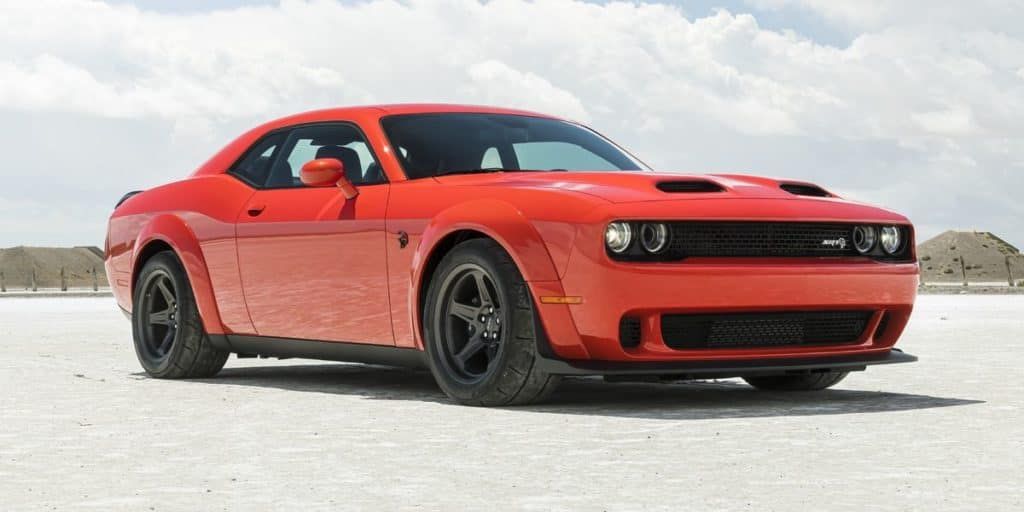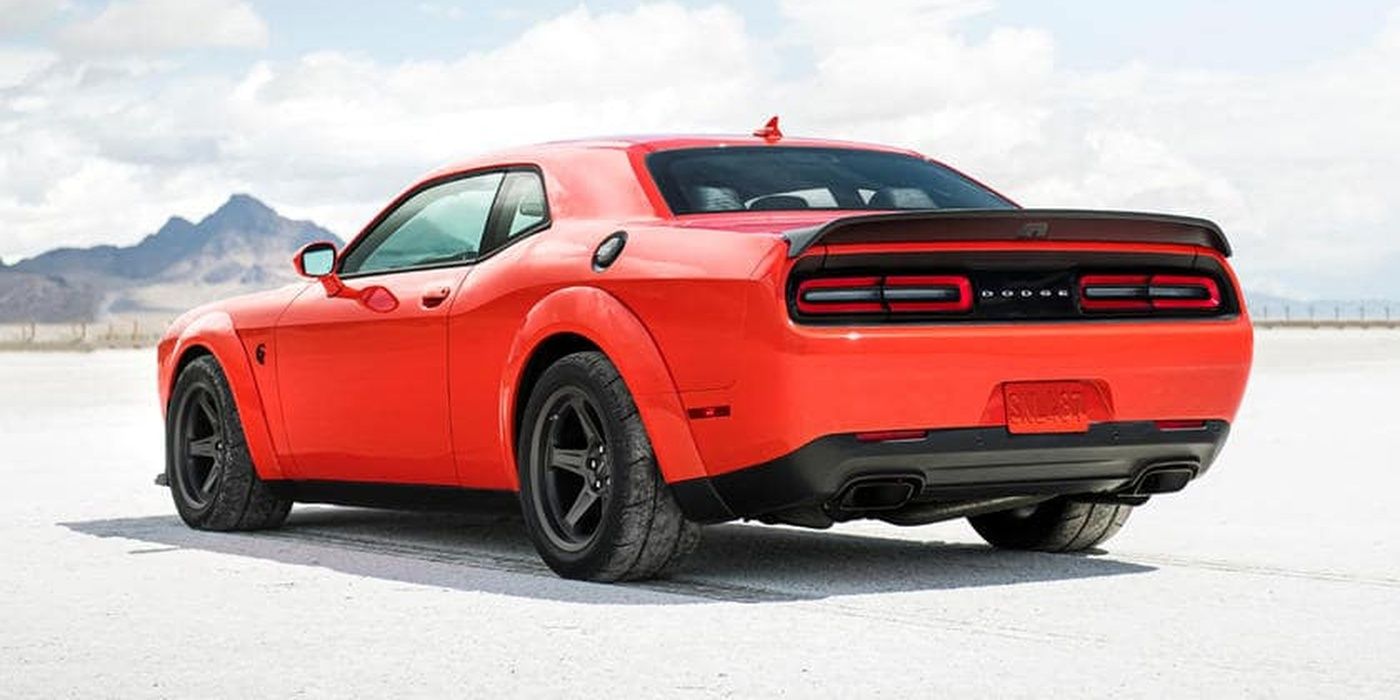It’s always the dream to own cars that offer a sense of occasion. Muscle cars fall into that category and once owned can offer immense satisfaction as opposed to any economy runabout. While normally, it’s best to avoid a high-horsepower vehicle as your entry point into car ownership, some tend to think otherwise.
People who can afford such cars do tend to get lured into the prospect and generally purchase a Ford Mustang or Dodge Challenger. Surprisingly though, out of all the muscle cars available brand-new, the Chevrolet Camaro happens to be the most docile. While Ford, Chevrolet, and Dodge have poured enough resources into their respective offerings, it’s important to know which ones right for you.
Although all three of them fall into the same breed of cars, each one has a character of its own. While that’s subjective, we’re gonna approach the idea from a broader standpoint. More specifically, going over the common traits that they share and see if it’s ideal for a first-timer.
Here’s us discussing what you need to know before buying your first muscle car.
Buying Your First Muscle Car: The Good
There are several perks that come with owning a flashy sports car. Muscle cars in general possess a persona that an average minivan fails to equal. If you’ve just received your driver’s license, then a muscle car is one very impressive way of showing off. Who doesn’t want to be seen driving a relatively expensive muscle car? Especially, if you’re in your late teens or possibly entering adulthood, the level of satisfaction that comes with muscle car ownership is rarely matched.
Not to mention the available power from the sumptuous V8 and the aural pleasures of listing to your muscle car rumbling along. Also, cross-country traveling would be a cinch in these high-horsepower pony cars. Fancy a burnout? Even if you don't know the exercise, cars like the Mustang and Challenger come equipped with something called line-lock; basically, burnout for noobs. Lastly, if you know your way around a stick, then the drama of having to row your own gears paired with a thumping V8 is another engaging experience. In a nutshell, owning a muscle car makes you cool.
Buying Your First Muscle Car: The Bad
It’s not all sunshine and rainbows. The V8s inside them are not the most frugal so expect hefty fuel bills at the end of the month. Because they are performance cars, many require specific 91 octane fuel, which is expensive compared to regular 87 octane pump gas. Another thing to point out is maintenance and running costs. Muscle cars are in fact complex pieces of engineering that require routine maintenance. Because they use sophisticated materials, the costs incurred while servicing them are generally higher than your average Honda Fit.
The insane amounts of torque can be a bit intimidating and if you don’t respect it, you could easily end up in a hedge. Insurance is another key factor. Since you are fairly new to the exercise, getting insured will be a huge pain. Even if you have a decent track record, insuring muscle cars costs relatively more since they are performance-oriented machines and boast expensive components.
Lack of practicality is something that enthusiasts would overlook but, it’s important that you understand they are not made to carry 5. A truck or an SUV should cover that along with carrying cargo. While muscle cars are “okay” for groceries, anything more like large hardware items could be a long shot.
While all these are part and parcel of owning a muscle car if you’ve decided to get one, crack on then. Go ahead, enjoy the experience but make sure your right foot is under control. Also, understand that a hefty service bill is not the end of the world.
Sources: Carcraze, Calponycars





